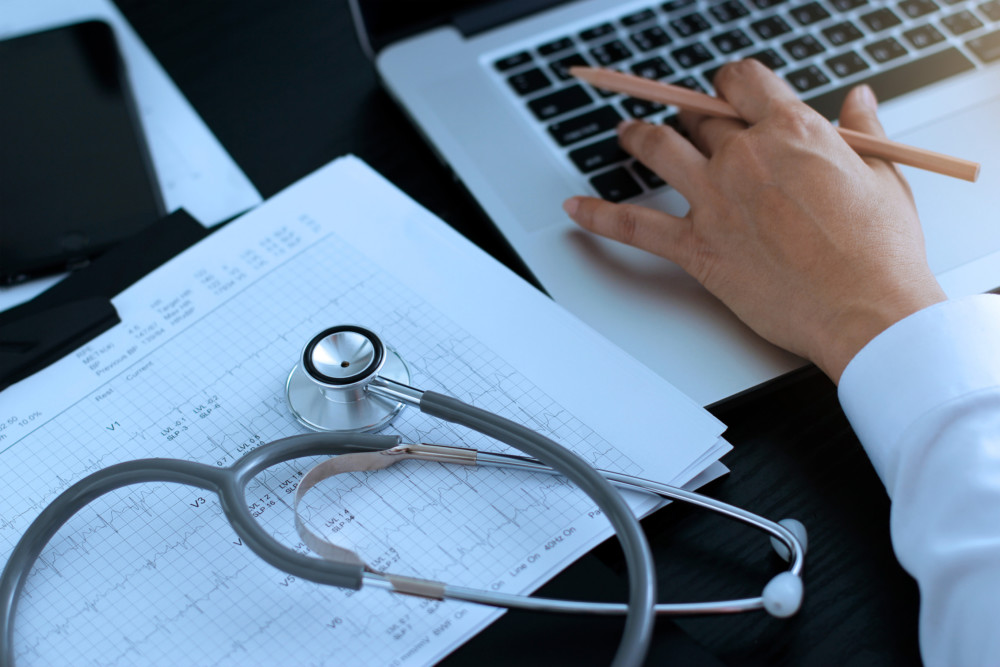From Mayo Clinic News Network
Mayo Clinic News Network
WWR Article Summary (tl;dr) Dr. Monica Taylor-Desir, co-chair of Diversity and Inclusion in Mayo Clinic’s department of Psychiatry and Psychology offers some practical ways we can care for ourselves during these difficult times.
Mayo Clinic
If you are struggling with overwhelming feelings, added anxiety, stress and fear, you are not alone.
“We are in the midst of a dual pandemic of COVID-19 and social unrest caused by racism which affects all members of our communities,” says Dr. Monica Taylor-Desir, co-chair of Diversity and Inclusion in Mayo Clinic’s department of Psychiatry and Psychology. “The past few months have resulted in uncertainty, increased anxiety, depression, and social distancing which for some has resulted in social isolation.”
Dr. Taylor-Desir offers some practical ways that may help during these difficult times:
Connect
Reaching out to others via phone, video platforms, or by simply writing a letter. At times when we feel more divided, it’s important to find ways to connect positively with others.
“When people experience stressors, connecting to others increases the likelihood that stressors will be handled or coped with in a way that reduces both short-term and long-term adverse health consequences. Maintaining healthy social connections, even while social distancing, has a direct and buffering effect on health,” says Dr. Taylor-Desir.
She adds, “There is a reciprocal influence that social support and social networks have on a person’s ability to activate their own individual coping resources such as problem-solving skills, utilizing and adapting to new information (such as the changing guidelines regarding COVID-19 precautions) and a person’s perception of what they can control.”
Journal
Journal your feelings. Remember that it is ok to not feel ok right now. Also remind yourself with how you have managed difficult times in the past.
Practice gratitude daily. Plan to do positive things, such as offering help and assistance to others.
“Gratitude studies have shown that the practice of gratitude shifts our focus from anger, resentment and envy to more positive emotions,” says Dr. Taylor-Desir. “In addition, the practice of gratitude increases neural sensitivity in areas of the brain associated with learning and decision making which can contribute to improved mental health over time.”
Less screen time
During this time people can be consumed with news feeds and social media. Make a conscious effort to create space away from social media. Spend time in nature. Practice yoga. Pray. Meditate. It is fine to stay updated and informed with the news, but watch out if you are spending too much time exposing yourself to too much negative information.
Sleep
Stress can disrupt sleep. Sleep is important to promote our immune response. If you are having difficulty sleeping try progressive muscle relaxation. Do deep breathing exercises. Try to limit your caffeine intake and avoid napping during the day.
Self-care
“As we are feeling more intense emotions, it is important to make a real effort in self-care,” says Dr. Taylor-Desir. “These are things that we can control during times in our life when a number of things are going on that we cannot control.”
If you are concerned about that a you or a loved who may be dealing with acute stress disorder or post-traumatic stress disorder (PTSD), read more about what you can do.
___
(Mayo Clinic News Network is your source for health news, advances in research and wellness tips.)
___
Distributed by Tribune Content Agency, LLC.














































































































































































































































































































































































